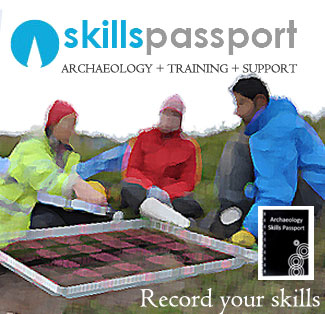Environmental Processing
By studying charcoal, seeds and snails (for example) specialists can reveal how people’s lives were influenced by the environment
Fieldwalking Survey
Fieldwalking can be either gridded or transect, you should be able to assist in an organised survey with collected artefacts suitably located, recorded, sorted and cross referenced.
Landscape Walkover Survey
A walkover survey, looks for new archaeological features relating to the occupation or activities over a large area.
Geophysical survey
Depending on the type of survey undertaken, an ability to understand the specific principles to set-up and process field data.
Total Station Survey
Modern sites use either GPS or commonly the Total Station for site survey, grid location, coordinating artefacts or samples, this skill gives you added value when it comes to employment.
Collection of Samples
Sampling may be carried out by members of the excavation team or by specialists as appropriate – you should know how to take the main types of site samples
Section Drawing
You will be required to draw a fully annotated, dimensionally correct section drawing that accurately represents the section of a trench
Dumpy Level and Staff
One of the simple but often overlooked aspects of survey and planning is the use of the Dumpy Level
Site Grid and Trench Layout
To be able to set out pegs as a fixed grid and lay out a trench within this coordinate system.

